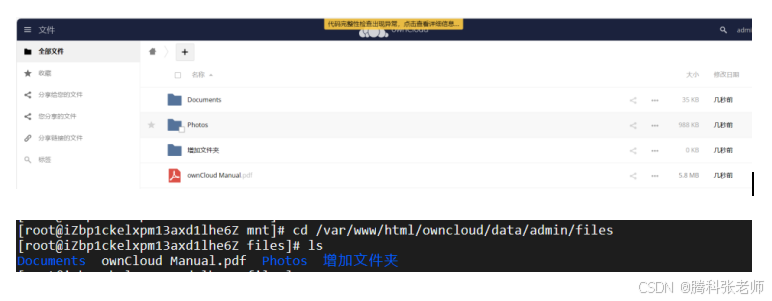C++ 临时变量的常量性-CSDN博客
#include <iostream>
using namespace std;
void print(string& str)
{cout << str << endl;
}int main()
{print("hello world");//print(string("hello world"));return 0;
}
编译器根据字符串"hello world"构造一个string类型的临时对象,这个临时对象具有const属性,当这个临时变量传递给非const的string&引用类型时,无法隐式完成类型转换。
#include <iostream>
using namespace std;
void print(const string& str)
{cout << str << endl;
}int main()
{print("hello world");//print(string("hello world"));return 0;}这样写是可以的。
临时变量作为引用参数传递时,形参必须是常量引用?
为什么呢?
#include <iostream>
using namespace std;
class IntClass {
private:int x;
public:IntClass(int value) :x(value) {}friend ostream& operator<<(ostream& os, const IntClass& intc);
};//重载 operator<<
ostream& operator<<(ostream& os, const IntClass& intc) {os << intc.x;return os;
}int main(int argc, char* argv[]) {cout << (IntClass(6) = IntClass(8)) << endl;
}
结果是8
说明:
实际上临时变量是可以作为左值并被赋值的。
什么是左值?
这里这个友元函数我不是太懂。
IntClass(6)生成了一个无名临时变量并作为左值被修改,说明临时变量不是常量,只是编译器从语义层面限制了临时变量传递给非const引用。
临时变量所在的表达式执行结束后,它就会释放,所以修改一个临时变量是毫无意义的。
因此,C++编译器加入了临时变量不能作为非const引用实参这个语义限制,意在限制这个非常规用法的潜在错误。



















